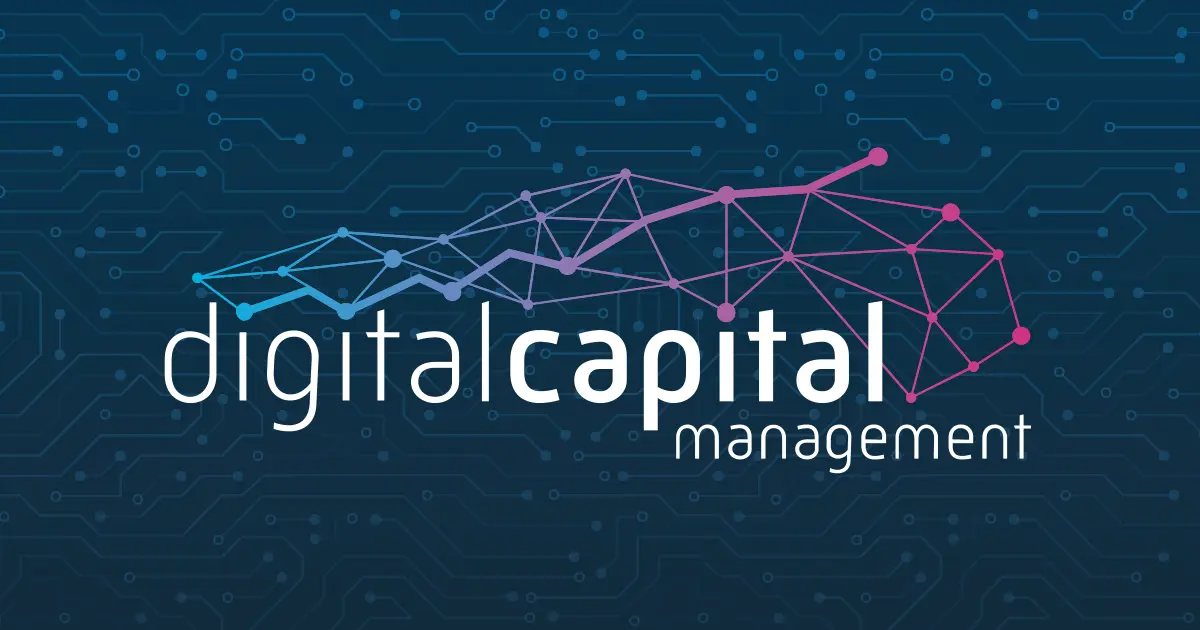In today’s fast-paced, technology-driven world, digital capital has emerged as a critical asset for individuals, businesses, and societies. As economies continue to shift towards digitalization, understanding and leveraging digital capital can be the key to gaining a competitive advantage. But what exactly is digital capital, and why is it so important?
What is Digital Capital?
Digital capital refers to the valuable assets and resources that individuals and organizations accumulate in the digital domain. These assets can be broadly categorized into three main areas:
- Digital Infrastructure – The technological foundation that enables digital operations, including hardware, software, cloud computing, and internet connectivity.
- Digital Skills and Knowledge – The expertise and abilities required to effectively navigate digital platforms, such as coding, data analysis, cybersecurity, and digital marketing.
- Digital Networks and Presence – The influence and connectivity established through online platforms, including social media, digital reputation, and access to global digital marketplaces.
The Importance of Digital Capital
Digital capital plays a crucial role in economic growth, innovation, and societal development. Here’s why it is essential:
- Competitive Advantage – Businesses and individuals with strong digital capital can outpace competitors by leveraging digital tools for efficiency, automation, and customer engagement.
- Economic Opportunities – The digital economy opens new revenue streams, such as e-commerce, remote work, and digital entrepreneurship.
- Innovation and Adaptability – Organizations with digital capital can quickly adapt to technological advancements and market shifts, fostering continuous innovation.
- Bridging Inequality Gaps – Access to digital capital empowers marginalized communities, providing opportunities for education, employment, and financial inclusion.
Building Digital Capital
To harness the benefits of digital capital, individuals and businesses should focus on the following strategies:
For Individuals:
- Invest in Digital Education – Learn new skills such as programming, data analysis, or digital marketing.
- Enhance Online Presence – Build a professional digital identity through platforms like LinkedIn, personal websites, or social media.
- Adopt Digital Tools – Utilize cloud-based software, project management tools, and AI-driven technologies for efficiency.
For Businesses:
- Upgrade Digital Infrastructure – Invest in cloud computing, cybersecurity, and data analytics to enhance operations.
- Develop a Digital Strategy – Align business goals with digital transformation initiatives.
- Leverage Data Analytics – Use big data to understand customer behavior and improve decision-making.
The Future of Digital Capital
As digital transformation continues, the value of digital capital will only increase. Emerging technologies like artificial intelligence, blockchain, and the Internet of Things (IoT) will redefine how digital assets are created and utilized. Nations and businesses that prioritize digital capital development will be better positioned for success in the global economy.
Conclusion
Digital capital is a vital resource in today’s digital era, influencing economic prosperity, business growth, and individual career success. Investing in digital skills, infrastructure, and networks is crucial for staying relevant and competitive in the evolving digital landscape. As technology advances, the importance of digital capital will continue to grow, shaping the future of innovation and opportunity.

